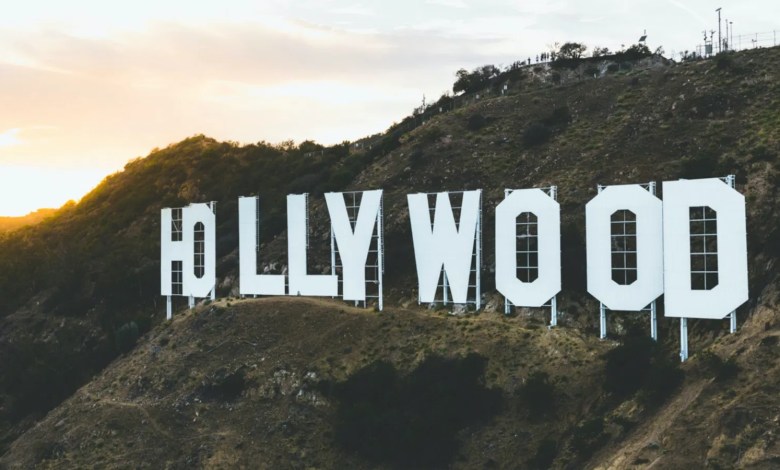Trump's Hollywood tariff plan (and controversy) explained

Posted: May 7, 2025
By Gavin Boyle
Hollywood was turned upside down when President Donald Trump announced plans for a 100% rate on any film created abroad, in part because the plan was not aligned with those offered by his Hollywood ambassadors.
“It is my honor to announce that Jon Voight, Mel Gibson and Sylvete Stallone, are special ambassadors in a great but very troubled place, Hollywood, California. They will serve as special envoys for me in order to bring Hollywood, who has lost a lot of business over the past four years to foreign countries, back, better, and stronger than before! ” Trump wrote on Truth Social in January, by Deadline.
This decree came while production in America, and Hollywood in particular, mainly decreased due to the increase in costs and lucrative tax incentives on the part of other countries. Gibson highlighted the problem earlier this year when he explained how ridiculous he became to film in Los Angeles compared to anywhere else in the world.
“I had to shoot a film for a day at the, and it was cheaper for me to take the whole crew and have them fly in Europe and to shoot for three days, to house them, to fly them, everything, than to shoot a day just at the bottom of the road”, Gibson said Fox Business. “So there is something really bad there.”
To find a solution to this problem, special ambassadors have encountered industry and legislators to overcome ideas to present to Trump. Last week, Voight met the president to present the first cycle of ideas, which focused on federal level incentives, as well as changes in the tax code, subsidized training programs, the creation of co -production treaties with nations and foreign rates in limited specific circumstances.
“We are impatient to work with the administration, unions, studios and banners to help form a plan to keep our industry healthy and bring more productions to America,” said Voight, by Business Insider.
Keeping in accordance with his broader policy, however, Trump seems to have concentrated only on the tariff aspect, announcing that a 100% price would be placed on each film and television program produced abroad. This decision has industry in panic because it would only raise production costs, which makes their production slow down while providing no guarantee that a significant number of jobs would return to Hollywood. In addition, the industry, which is already cautious with each project that it has been empty, would become even more suspicious, because each element of content made should be a major success to recover the cost of production, further injuring the industry.
The film industry in America dies from a very rapid death. Other countries offer all kinds of incentives to remove our filmmakers and studios from the United States. Hollywood and many other areas in the United States are devastated. This is a concerted effort of …
– Donald J. Trump publishes his social truth (@trumpdailyposts) May 4, 2025
Related: Has President Donald Trump simply sank or saved Hollywood?
California Governor Gavin Newsom was a particularly vocal critic of the pricing plan, announcing that he would fight against the issue of the price in court. Later, he urged the president to reconsider tax incentives as a means of bringing production without killing the industry.
“We have proven what powerful state incentives can do,” wrote Newsom on X, by Business Insider. “Now, it's time for a real federal partnership to make the film again in America. @Potus, let's do it.”
Whether the federal level tax incentive saves the industry is always a question, but for the moment, an even larger mystery is so Trump will consider Voight's suggestions more, or that he would make forward with his pricing plan and leave the other proposals behind.
Read Next: How the World Trade War has an impact on Hollywood







